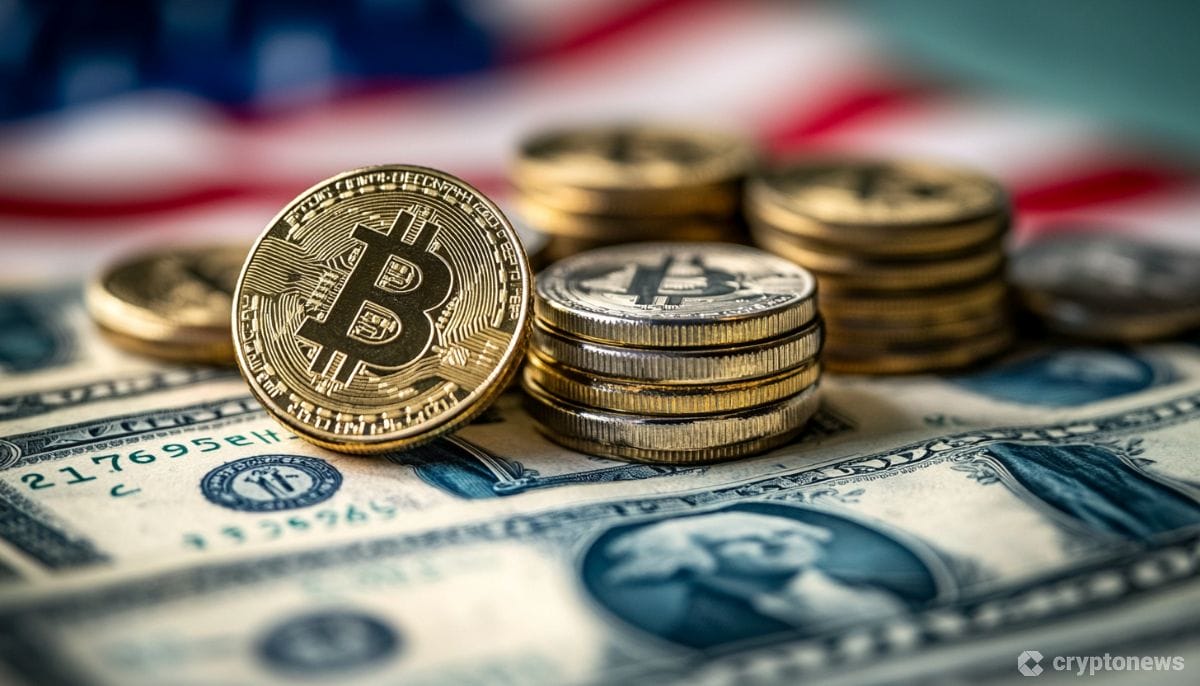Digital asset investment products experienced a substantial surge in inflows, totaling $407 million, driven largely by investor sentiment surrounding the upcoming U.S. elections. A report by CoinShares indicated that political developments, rather than monetary policy outlooks, are influencing investor decisions. Despite stronger-than-expected economic data failing to reverse outflows, a recent shift in polling toward Republicans, perceived as more favorable to digital assets, sparked a rapid increase in both inflows and asset prices. The U.S. led in terms of inflows, accounting for $406 million, with Canada following with $4.8 million. Bitcoin emerged as the primary beneficiary, attracting $419 million in inflows, while short-Bitcoin products saw outflows of $6.3 million, reflecting investors’ optimism about Bitcoin’s future.
Moreover, multi-asset investment products continued their streak with a 17th consecutive week of inflows, albeit modest at $1.5 million. However, Ethereum saw continued outflows, totaling $9.8 million. Blockchain equity ETFs also recorded one of their largest weekly inflows of the year, drawing $34 million, likely in response to rising Bitcoin prices. On October 11, Bitcoin ETFs saw significant inflows, with a daily total net inflow of $253.54 million, pushing the cumulative total to $18.81 billion. The total value traded on the day reached $2.06 billion, with total net assets of Bitcoin ETFs amounting to $58.66 billion, representing 4.71% of Bitcoin’s market cap. Among the top performers, Fidelity’s FBTC ETF saw the largest one-day net inflow of $117.10 million, with net assets totaling $11.35 billion, while Grayscale’s GBTC experienced a notable outflow of $22.09 million. On the flip side, Ethereum ETFs showed a decline, with a daily total net outflow of $97.11K and a cumulative net outflow of $558.88 million. Fidelity’s FETH ETF attracted $8.61 million in net inflows, pushing its cumulative total to $454.50 million, whereas Grayscale’s ETHE saw a one-day outflow of $8.71 million, bringing its cumulative net outflow to $2.98 billion.
A recent survey commissioned by financial services giant Charles Schwab revealed that nearly half of U.S. investors plan to invest in crypto ETFs. The survey found that 45% of respondents plan to invest in crypto through ETFs over the next year, an increase from 38% the previous year. The growing interest in crypto has now surpassed demand for bonds and alternative assets, with only U.S. equities ranking higher, as 55% of participants indicated plans to invest in stocks. Millennial ETF investors showed even stronger enthusiasm for crypto, with 62% intending to allocate funds to the sector, compared to 48% for U.S. stocks, 47% for bonds, and 46% for real assets like commodities. In contrast, baby boomer ETF investors demonstrated significantly less interest in digital assets, with just 15% planning to invest in them.
The survey results showcased the rising popularity of crypto among U.S. investors, with a high percentage expressing interest in allocating funds to crypto ETFs in the coming year. This significant shift in investor sentiment indicates a growing acceptance and adoption of digital assets in mainstream investment portfolios. The ongoing surge in interest in crypto ETFs highlights the evolving investment landscape and the increasing role of digital assets in diversified investment strategies. As more investors look to capitalize on the potential growth and stability offered by cryptocurrencies, the demand for crypto ETFs is expected to continue rising, positioning digital assets as a key component of modern investment portfolios.
The surge in inflows into digital asset investment products, particularly Bitcoin, reflects a positive sentiment among investors, driven by the upcoming U.S. elections and the perceived favorable stance of Republicans towards digital assets. The increased interest in crypto ETFs among U.S. investors, as indicated by the Charles Schwab survey, further solidifies the growing mainstream acceptance of cryptocurrencies as legitimate investment options. As digital assets continue to gain traction in traditional financial markets, the demand for crypto ETFs is likely to soar, creating new opportunities for investors to diversify their portfolios and capitalize on the potential growth of the crypto market. In conclusion, the rising inflows into digital asset investment products and the growing interest in crypto ETFs underscore the ongoing shift towards digital assets as a vital component of modern investment strategies.











